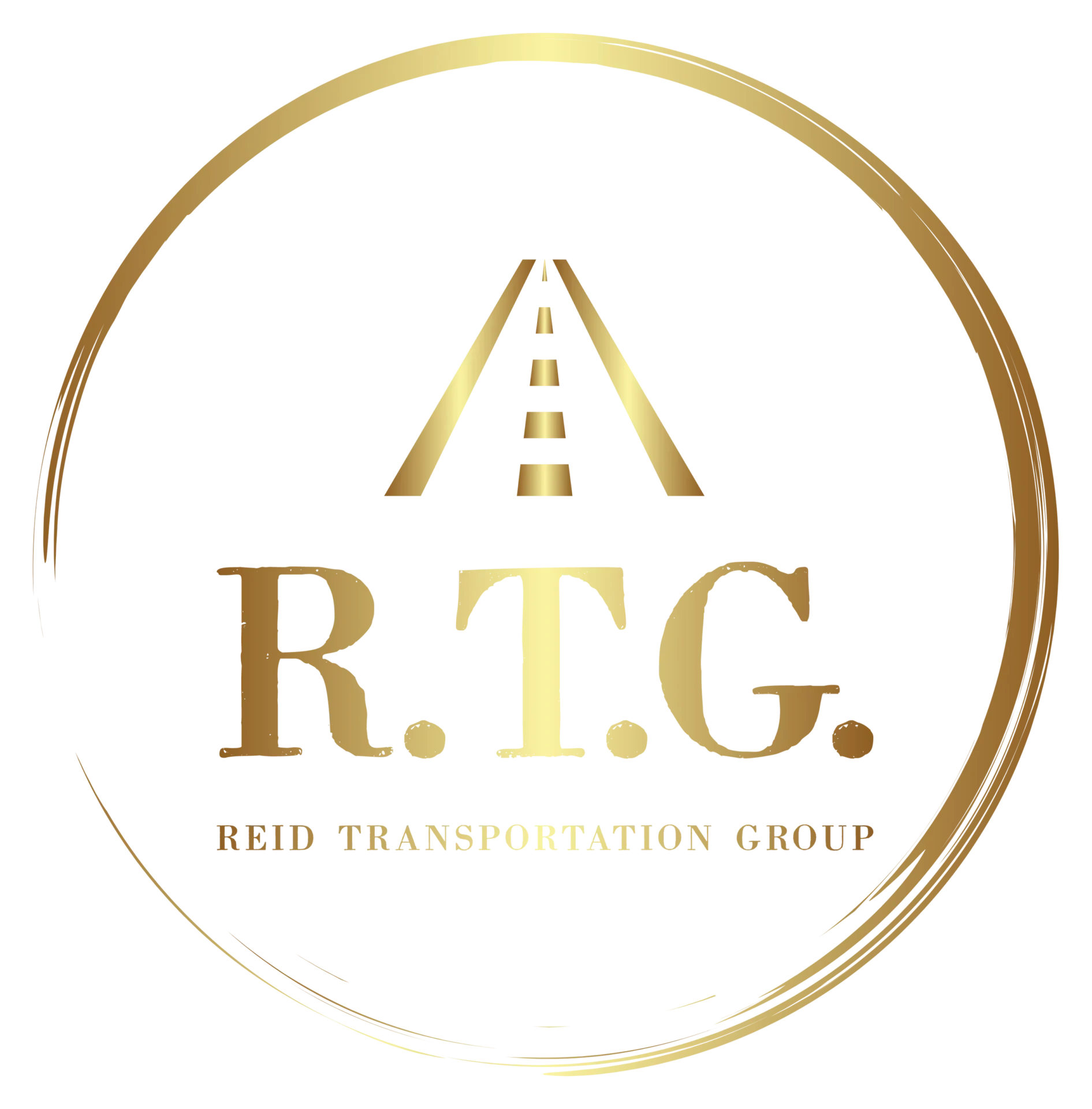The Role of Technology in Modern Truckload Logistics
In the ever-evolving world of logistics, technology has emerged as a cornerstone for innovation, efficiency, and reliability, particularly in truckload logistics. Businesses today require seamless solutions that ensure timely deliveries, cost savings, and optimal use of resources. Technology addresses these needs by transforming traditional freight operations into advanced, data-driven systems. From real-time tracking to predictive analytics, the integration of technology into truckload logistics has enhanced efficiency, improved safety, and elevated customer satisfaction.
Revolutionizing Real-Time Tracking and Visibility
One of the most impactful technological advancements in truckload logistics is real-time tracking. GPS and telematics systems now allow businesses and customers to monitor their shipments throughout the entire journey. This enhanced visibility eliminates uncertainty, builds trust, and improves communication between all stakeholders. Companies can provide accurate delivery updates and proactively address potential delays, ensuring smoother operations and higher customer satisfaction.
For example, logistics providers can now notify clients about weather-related disruptions or rerouted shipments well in advance, turning potential problems into manageable situations. This level of transparency is critical in today’s fast-paced business environment, where on-time delivery can make or break customer relationships.
Optimizing Routes with AI and Advanced Algorithms
Route optimization is another area where technology has made a significant impact. Advanced algorithms powered by Artificial Intelligence (AI) analyze traffic patterns, road conditions, delivery windows, and fuel consumption to determine the most efficient paths for drivers.
By optimizing routes, businesses not only save time and fuel but also reduce wear and tear on vehicles, leading to long-term cost savings. Additionally, these systems can dynamically adjust routes in real-time based on changing conditions, such as accidents or road closures, ensuring that deliveries remain on schedule.
Load Optimization for Maximum Efficiency
Efficient use of truck space is crucial for reducing costs and environmental impact. Load optimization tools use advanced algorithms to calculate the best way to arrange cargo within a truck, maximizing capacity while maintaining safety standards.
For example, logistics providers can combine multiple shipments into one truckload, minimizing the number of trips required. This reduces operational costs and enhances sustainability by cutting down on fuel consumption and emissions.
Leveraging Predictive Analytics for Proactive Management
Big Data and predictive analytics have transformed how logistics providers manage truckload operations. By analyzing historical data and current trends, these tools help businesses anticipate demand surges, potential disruptions, and seasonal fluctuations.
For instance, predictive analytics can forecast peak shipping periods, allowing providers to allocate resources more effectively. Similarly, weather forecasting tools can prepare drivers for adverse conditions, ensuring the safety of cargo and personnel. This proactive approach not only reduces risks but also enhances operational efficiency.
Enhanced Communication Through Integrated Platforms
Integrated communication platforms have become essential in modern truckload logistics. These platforms connect drivers, dispatchers, and customers, enabling instant updates and seamless collaboration.
For example, if a driver encounters unexpected traffic, they can quickly inform dispatch, who can then update the customer with a revised delivery timeline. This real-time communication ensures that everyone stays informed, reducing stress and improving overall service quality.
The Rise of Autonomous and Semi-Autonomous Vehicles
While fully autonomous trucks are still under development, semi-autonomous features are already making their way into the industry. Technologies like adaptive cruise control, lane-keeping assistance, and collision avoidance systems are enhancing driver safety and efficiency.
As these technologies continue to evolve, they promise to reduce human error, improve fuel efficiency, and lower operational costs. The future of truckload logistics will likely see a gradual transition to autonomous vehicles, revolutionizing how goods are transported.
Sustainability Through Green Technology
Sustainability is a growing concern in the logistics industry, and technology is playing a crucial role in addressing it. Eco-friendly innovations such as fuel-efficient vehicles, electric trucks, and route optimization tools are helping logistics providers reduce their carbon footprint.
For example, many companies now use telematics to monitor fuel consumption and implement eco-driving practices, such as minimizing idling time. These initiatives not only benefit the environment but also enhance a company’s reputation as a socially responsible organization.
Streamlining Processes with Warehouse Integration and Digital Documentation
Technology has bridged the gap between truckload logistics and warehouse operations. Integrated systems enable seamless communication between warehouses and trucks, ensuring faster loading and unloading processes.
Moreover, digital documentation has replaced traditional paperwork, making processes faster and more accurate. Automated invoicing and electronic proof of delivery (ePOD) reduce errors and save time, allowing logistics providers to focus on delivering exceptional service.
The Future of Truckload Logistics
As technology continues to advance, the future of truckload logistics looks promising. Innovations such as blockchain for secure transactions, IoT devices for real-time asset monitoring, and AI-driven decision-making will further enhance the efficiency and reliability of freight operations.
At Reid Transportation Group, we embrace these technologies to deliver superior truckload services. By leveraging advanced tools and data-driven insights, we ensure that our clients experience seamless, cost-effective, and environmentally responsible logistics solutions.
Conclusion
Technology has redefined the landscape of truckload logistics, turning challenges into opportunities and inefficiencies into streamlined operations. Whether it’s real-time tracking, route optimization, or sustainable practices, the integration of technology has elevated the logistics industry to new heights.
For businesses seeking reliable and innovative truckload logistics solutions, Reid Transportation Group is a trusted partner. Visit Reid Transportation Group to learn how technology can transform your supply chain and keep you ahead in a competitive market.

